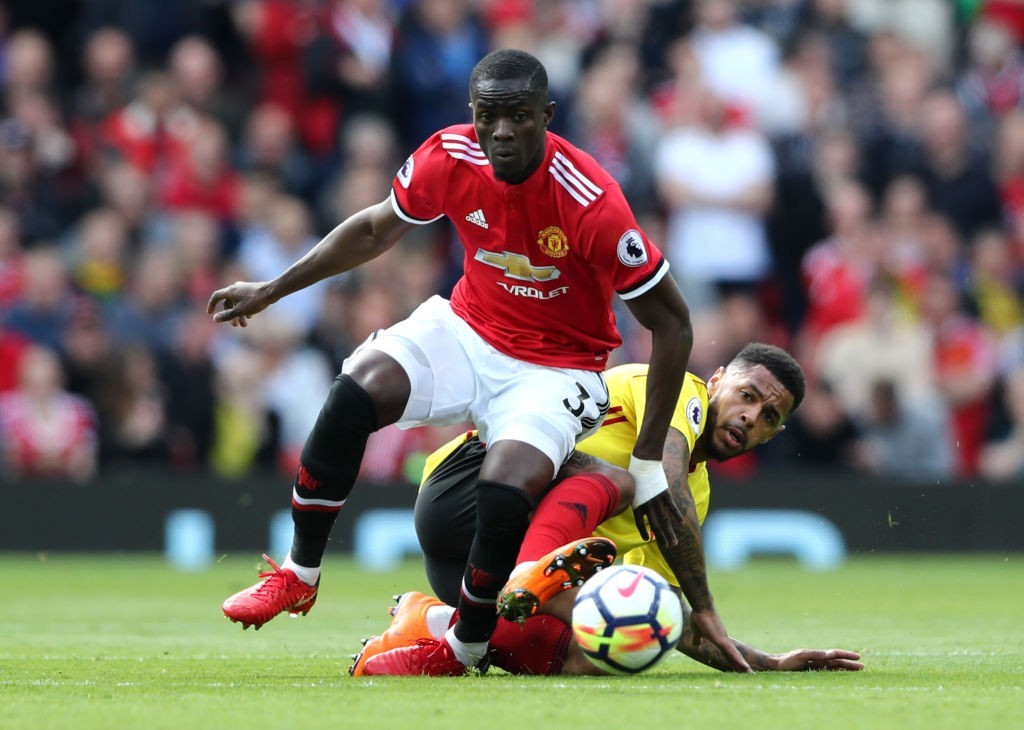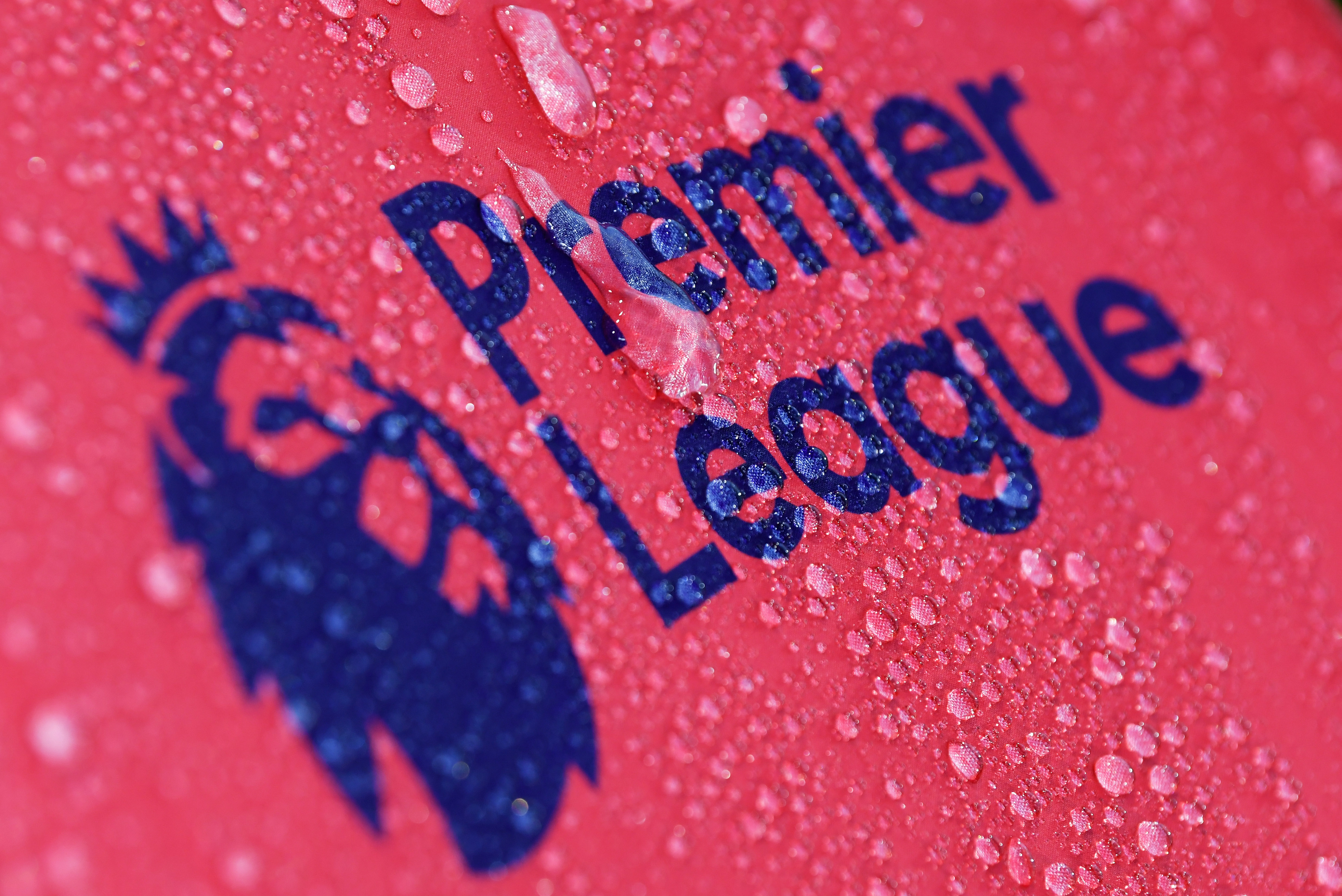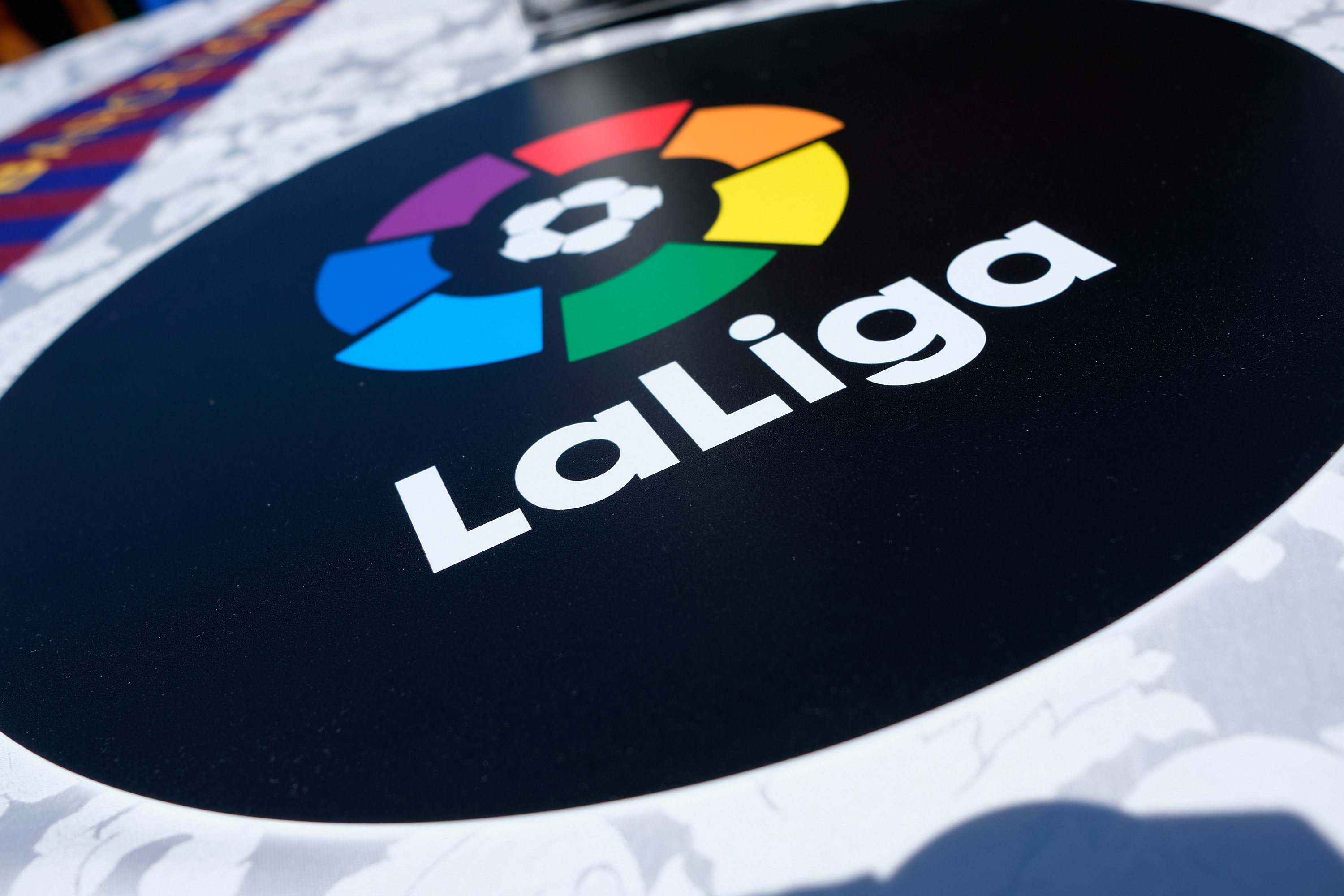Football and Frustration from the eyes of a Manchester United fan and how Stoicism has helped him deal with all of this.
Last Sunday, I tuned into Hotstar to watch Manchester United take on Brighton and Hove Albion at the Falmer Stadium. It was only the second game of the new season, and although I am no longer as big a Jose Mourinho fan as I used to be, I expected United to win. They were, after all, the 20-time league winners and despite falling on evil days, had enough firepower to see off an at best, a mid-table club still adapting to life in the top flight. Fate, however, had different plans.
Just before kick-off, news of Manchester City thrashing Huddersfield Town 6-1 had crept in. Under Sir Alex Ferguson, it would mean that United would be shifting to fifth gear from the go. Things are, lamentably, much different now. For example, the current United manager is more concerned about the “class” of his cross-town rivals and their Amazon Prime documentary rather than his own squad.
The lackluster attitude has permeated across all levels of the club, from the board who have no transfer policies or long-term plans to the players, who seem to be completely oblivious of the weight and history of the shirt they wear.
Brighton, on the other hand, was a completely different prospect. All too aware of their limitations, they came out with a brave attitude and the Gods of Football aptly rewarded them for it. Thanks to some lackadaisical defending and smart finishing, they soon went 3-1 up.
United scored a penalty in the last minute of added time, to briefly ignite the spark of hope in the hearts of the supporters. The comeback wasn’t to be; it was nothing but a cruel trick to torture the souls those like me who grew up watching the Red Devils redefine the never-give-up attitude.

Right after the final whistle, anarchy unleashed itself on my social media timelines. Twitter trended #JoseOut, abject abuses directed to Eric Bailly and Victor Lindelof – United’s central defenders who were at fault for at least 2 of the 3 goals – were unleashed while most others demanded a complete revamp of the footballing structure at the club.
Earlier, I would join the crowds and would be desperate to make my voice heard in the cacophony of criticism but it is not so anymore. Perhaps much to my chagrin, I no longer feel the sting of a loss or the euphoria of a win as much as I used to. It is not that I have lost my interest in the game or that I have given up all hope, it is just that I have turned stoic, as I recently discovered.
Conceptualized by Zeno of Cyprus in the 3rd Century BC, Stoicism is the philosophy of self-control, balance, and virtue in the face of irreparable losses or unimaginable triumphs. The underlying truth about Stoicism is that the Universe operates in a web of cause and effects, and while we may not have control over the events that cause us happiness or anger or a multitude of emotions in between them, we can certainly control our reactions and emotions to them.
Instead of struggling for an ideal world, the Stoic accepts things as they are and is guided by 4 principal virtues. Unsurprisingly, these 4 virtues are equally applicable for any rational sports fan like myself, so I will proceed to explain them from that perspective:
1. Prudence: It is the knowledge of knowing what is truly good or evil for an individual. Commonly referred to as practical wisdom, it is acknowledging the fact that whether “my” teams gains all 3 points or drops a few of them fall under neither category, so both results should be accepted with level-headedness.
2. Temperance: As a sports fan, it is easy to get caught up in the myriad of emotions that one is exposed to. Under such circumstances, it is necessary to display restraint and regulate consumption accordingly. That means one must not devote excessive amounts of time to watching the matches, on social media, in social circles( unless one works in the industry and is obligated to) and instead, try to build something constructive of their own.
3. Courage: It is the ability to stand up and applaud true genius when one sees it, even if it comes from the opposition. On Sunday, I applauded Brighton’s practical approach to the game as much as I slandered United’s one. It is of paramount importance to always remember that the sport is above all and that everyone is ultimately, paying a homage to it, in whatever manner possible.
4. Justice: It is knowing that fellow fans are human beings and not mortal enemies. Acts of hooliganism, racism and sexual misconduct, which is rampant across the sport these days cannot be tolerated or encouraged.
The Beautiful Game, as football is often referred to and rightly so, has been the subject of many a philosophical debate. Ted Richards, in his essay for Open Courts, has spoken about “Nietzsche’s Arsenal,” “Plato and the Greatness of the Game,” “Why playing beautifully is morally better,” “Kant at the Maracanã,” and “Kierkegaard at the penalty spot,” among many others.
But the concept of Stoicism has always remained an alienated concept. I suppose there are reasons for that since it is not just an attitude that one can grow into overnight but a set of principles that takes years and months to master and one, that probably everyone grows into at some point of their lives but refuse to accept it outright.
However, being the wise (or so I like to think) fan that I am, accepting Stoicism has been a fundamentally life-changing experience for me. I now understand that there are not just one or two people to blame for the mess that my favourite football club finds itself in, but a system that has promoted inefficiency and prioritized short-term gains over sustenance.
It started right when Fergie decided not to replace the ageing Paul Scholes and Roy Keane in central midfield to the farcical appoint of David Moyes, with the ridiculous purchases of Louis van Gaal and the repeated and often, embarrassing public meltdowns and controversial decisions of Mourinho.
It also has to do with the indifference of the Glazer family, who own the majority of the club and are more concerned with filling their coffers than the welfare of the club. It also has to do with players like Ashley Young, Juan Mata, Phil Jones and Matteo Darmian, who are either past their prime or never had it in them in the first place.

It also has to do with the attitude of the likes of Anthony Martial, Alexis Sanchez, and Paul Pogba, who are not yet ready to lead the team in the face of challenging situations. A culmination of all these factors, some practical, some strategical and some mental, led to the shameful loss last Sunday and is responsible for the steady decline of this once-great club.
In many ways, United are the English New York Yankees now, a rich and powerful franchise cashing on former glories with the current team having failed to chase a title for years now.
Accepting the fundamentals of Stoicism has helped me make peace with the fact, that currently, I am not in a position to change any of the aforementioned factors. Voicing my dissent over public forums will never catch the attention of those in power unless they themselves decide to bring in a change (which they probably will, once the club starts losing its commercial value due to declining on-field performances).
I thoroughly enjoy United as a financial powerhouse in football, but I fell in love with the football and I desperately want it back at Old Trafford. However, I will only let it affect me to the length that it does not interfere with my own mental peace, and with that in mind, bring on Tottenham Hotspurs!




